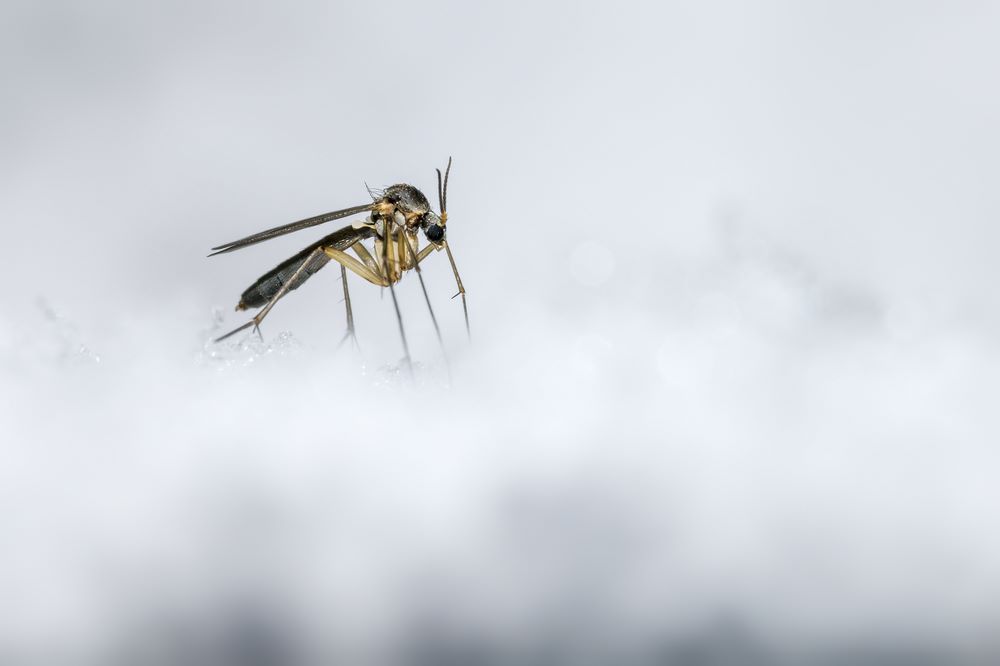5 Facts About Mosquitos In Winter
Read MorePosted on: Jan 17, 2024Luis M Pérez
Winter Survival Strategies
Mosquitoes have various winter survival strategies. While many species lay eggs that can withstand freezing temperatures, others overwinter as adults. These adult mosquitoes find shelter in protected locations like tree bark or buildings, entering a state of dormancy. Some species even produce a type of antifreeze within their bodies to survive cold temperatures.

Hibernation
Mosquitoes exhibit diapause during the winter, a form of dormancy similar to hibernation. This physiological state allows them to conserve energy during adverse conditions. As temperatures drop, mosquitoes enter diapause, slowing down their metabolic processes and reducing their activity. This adaptation helps them endure the scarcity of resources and harsh weather conditions.
Limited Activity and Feeding
Mosquito activity significantly decreases in winter due to the cold temperatures. While some mosquitoes may emerge during milder winter days, their feeding activity is minimal. The cold slows down their metabolism, and the absence of hosts reduces their need for blood meals. Instead, they focus on conserving energy for the upcoming warmer months when breeding and feeding become more active.
Role in Disease Transmission
While mosquito activity decreases in winter, the risk of disease transmission doesn’t disappear entirely. Some mosquito species, like those responsible for transmitting diseases such as West Nile virus, may still pose a threat in regions with milder winters. Additionally, global warming and climate change can influence mosquito behavior, allowing them to survive and remain active for more extended periods, potentially increasing the risk of disease transmission.
Impact of Climate Change
Climate change has profound effects on mosquito behavior and distribution. Warmer winters and altered precipitation patterns can create more favorable conditions for mosquitoes, allowing them to expand their ranges. This shift can impact the prevalence of mosquito-borne diseases as the extended warm seasons provide more opportunities for breeding and the transmission of viruses. Understanding these climate-related changes is crucial for developing effective mosquito control strategies.
In conclusion, mosquitoes employ diverse survival strategies to endure winter, from laying hardy eggs to entering diapause as adults. Their reduced activity and feeding during winter provide a temporary reprieve from their buzzing presence, but the threat of disease transmission persists in some regions. Climate change further complicates the mosquito landscape, emphasizing the importance of ongoing research and proactive measures to manage mosquito populations and mitigate associated health risks.
Questions?
For more information on mosquitoes? Please email our Doctor Green Lawn Care Expert, Luis Perez, at luisp@doctorgreen.com.

